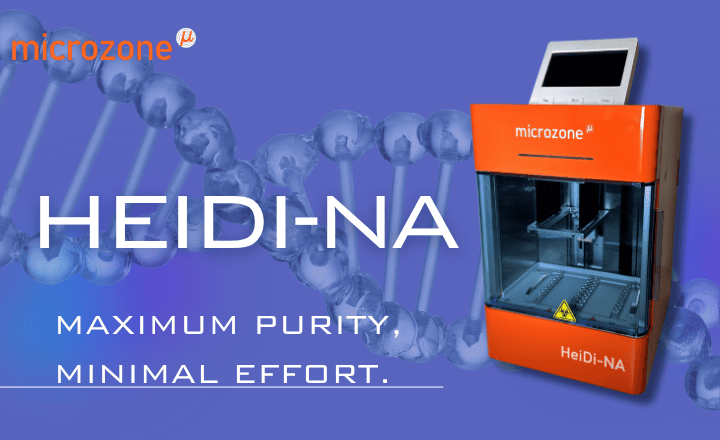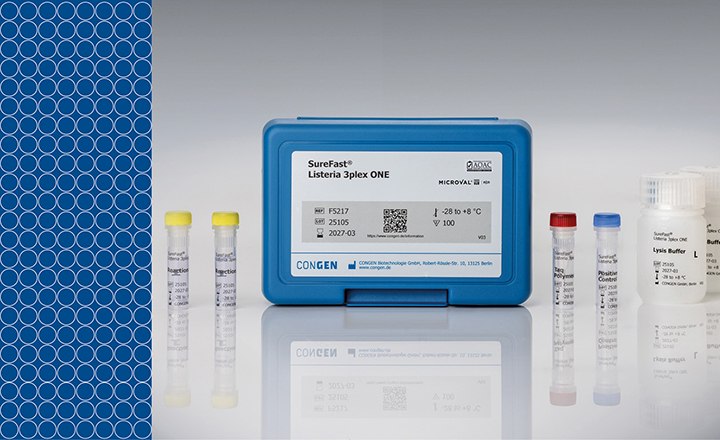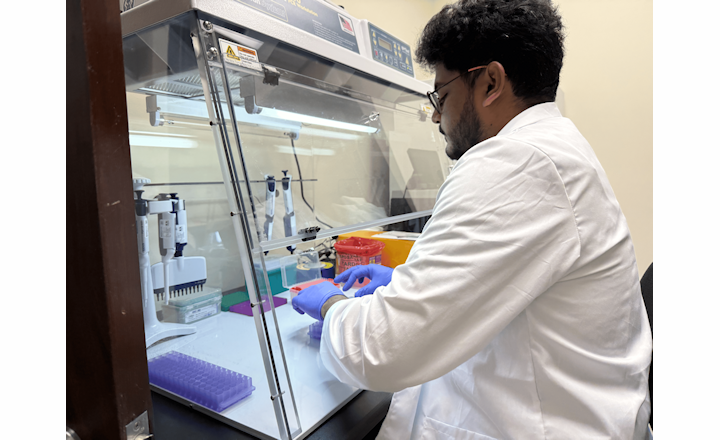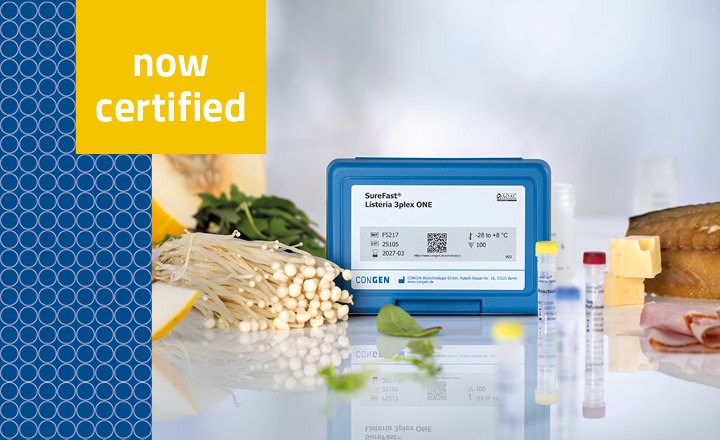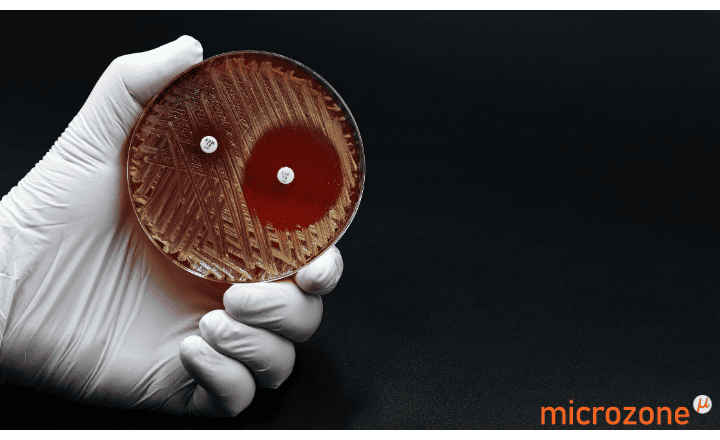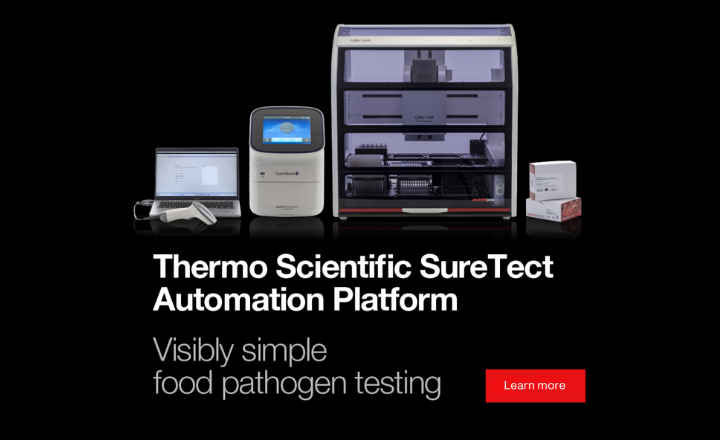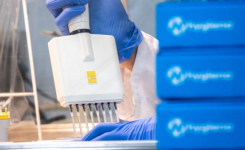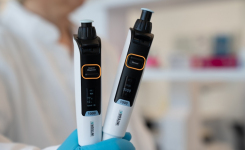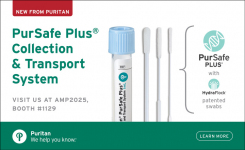In a study1 presented at the most recent ICAAC meeting in Washington DC, researchers from Mayo Clinic reported that Check-Points Health’s Check-MDR CT103 microarray assay was able to find more antibiotic resistance genes than conventional molecular techniques.
Specifically, in 39% of isolates tested (42 out of 109) the highly multiplex detection offered by Check-Points Health’s microarray assay enabled the identification of additional resistance genes originally not known to be present.
“By casting such a wide net the microarray assay is a truly unprecedented tool for gaining broad insight into the molecular epidemiology of these resistant bacteria within just one working day. We believe, as the experts in Gram-negative resistance detection, that building a detailed picture of this issue is an important first step in fighting the antibiotic resistance threat. But we don’t want to stop there”, says Check-Points Health’s CEO and founder Joost Thijssen.
“To reduce the emergence and spread of carbapenem-resistant bacteria, European and US experts recommend implementing rapid and accurate methods for preventive screening of at risk patients in healthcare facilities. For this reason we have recently introduced the Check-Direct CPE, a CE-IVD marked real-time PCR assay for use in every hospital and with multiple real-time PCR systems, specifically designed to deliver rapid (2 hour) carbapenemase screening results.”
Reference:
1. Cunningham SA, Johnston B, Vasoo S, Johnson J, Patel R. Evaluation of Check-Points Check-MDR CT103 PCR-Microarray Kit for Detection and Classification of ESBL, AmpC and Carbapenemase Genes. Presented at: 54th ICAAC; 2014 Sept 5 -9; Washington, DC. Accessible via: www.check-points.com/downloads/Cunningham_et_al_ICAAC_2014.pdf






